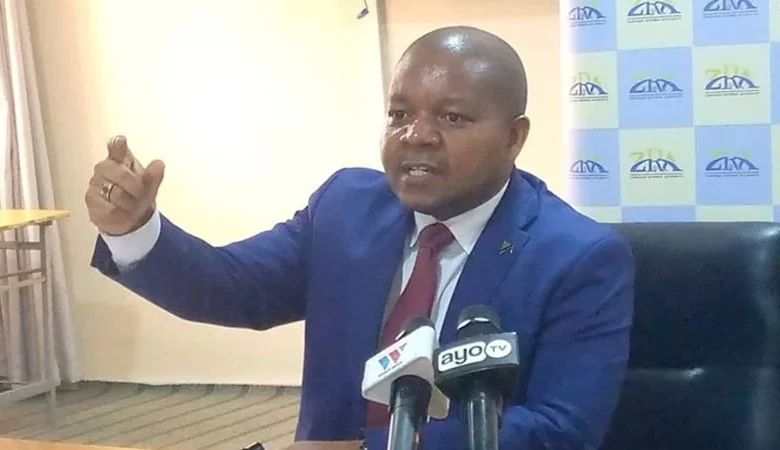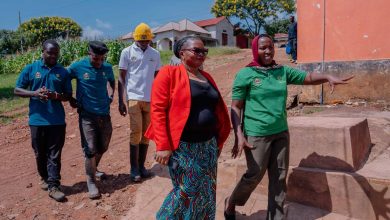New TRA desk targets informal sector growth

DAR ES SALAAM: THE Tanzania Revenue Authority (TRA) has officially launched a Business Facilitation Desk aimed at identifying informal traders, resolving tax-related challenges and supporting the growth of small and medium-sized enterprises (SMEs) across the country.
Speaking during the launch over the weekend, TRA Commissioner General Yusuph Mwenda said the new desk represents a key step in bridging the gap between informal business operators and the formal tax system.
“There are traders who struggle to understand taxation and don’t know where to go for help. This desk will listen to their concerns and offer practical solutions to help grow their businesses,” Commissioner Mwenda said.
He noted that the desk will serve as a one-stop centre for a wide range of business services, tax registration, education, digital support and policy guidance.
Addressing policy issues, Commissioner Mwenda emphasised the need to nurture the business environment in order to ensure sustainable revenue collection.
“Business is the foundation of our economy. For stable tax collection, we must first ensure businesses can thrive in the right environment,” he said.
He further stressed the importance of proactive government support, urging stronger collaboration between the public and private sectors.
“We shouldn’t let business owners struggle alone. We must listen to their challenges, provide guidance and foster an environment where they can succeed,” he added.
ALSO READ: Türkiye–Africa trade soars by 507pc in two decades
The desk will work in coordination with customs, local authorities and other regulatory bodies to ease business operations, especially in areas like importation and logistics, where many traders face hurdles.
Commissioner Mwenda called for ongoing dialogue and cooperation, stating: “This is just the beginning. With continuous engagement, we can build a business environment that is fair, inclusive and growth-oriented for all Tanzanians.”
Representing the Dar es Salaam Regional Commissioner Albert Chalamila, Ilala District Commissioner Edward Mpogolo welcomed the initiative, saying it will enhance economic development at both the regional and national levels.
“We commend TRA for this important step. It will empower small traders to grow into medium-sized enterprises and medium ones into large businesses. This is a practical way to generate jobs and improve household incomes,” Mr Mpogolo said.
TRA’s Commissioner for Domestic Revenue, Mr Godwin Balongo said the initiative aligns with the authority’s broader mission of promoting inclusive economic participation.
“We recognise the contribution of entrepreneurs. Our goal is to connect them with opportunities, credit, markets and information and support the building of sustainable businesses,” said Mr Balongo.
He added that the desk will act as a strategic platform for resolving everyday challenges, building business networks and enhancing traders’ knowledge of both domestic and international trade procedures.
Chairperson of the Kariakoo Traders Association, Ms Seveline Mushi underscored the role of community involvement in ensuring the success of the initiative.
“We’re proud to be part of this milestone. The launch of this desk marks a new chapter for our community. We believe it will help address many challenges and empower more people,” she said.
The initiative is expected to benefit a wide range of business actors including street vendors, market traders and logistics operators, many of whom face difficult working conditions due to licensing constraints, lack of business space and inconsistent enforcement.
Traders attending the launch welcomed the move, describing it as a timely intervention that could help resolve persistent issues such as unpredictable tax estimates, limited access to information and lack of structured support. Some traders proposed a reduction of the VAT rate from 19 to 16 per cent for small businesses to ease the tax burden. Others suggested establishing TRA offices in every ward, similar to other public institutions, to ensure easier access to services. Calls were also made for regular training sessions to improve financial literacy, business management and understanding of tax obligations.





